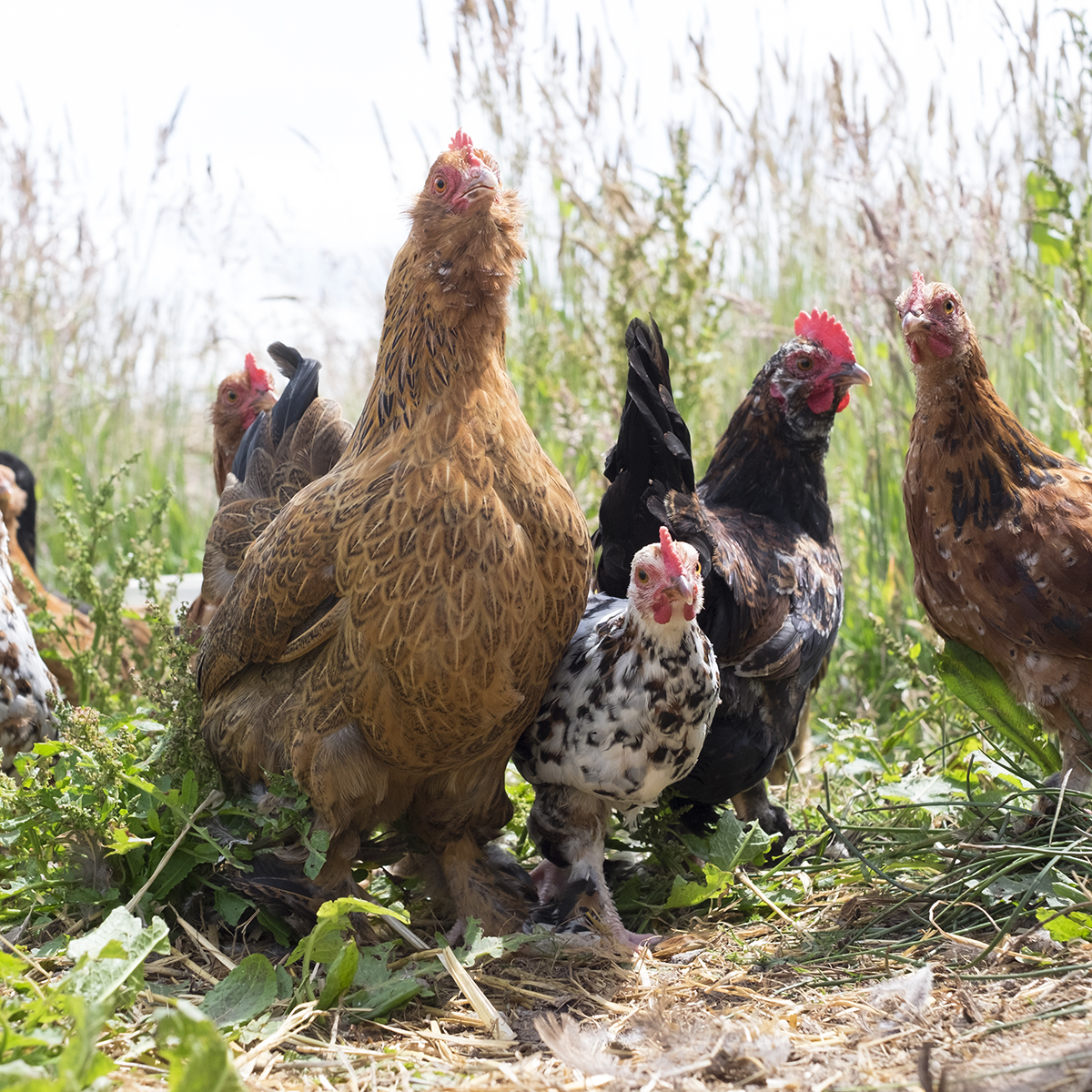Land banking is a popular game for entrepreneurs that sows rich rewards. Land is bought by any private investors, from housing developers to supermarkets, and held onto while the value of the land grows. This is then held onto as an asset or sold at an inflated price.
But land banking is not the co-op way. At Ecological Land Co-op we support the communal acquisition of land, done with the express purpose of creating opportunities for new entrants to agriculture and access to land for sustainable uses. We take on land and manage it in an ecological way – and also act as a meeting point between planning authorities and those in need of land: future growers.
The average age of a farmer is 59, according to the Department for Environment, Food and Rural Affairs, and modern farmers also face increasing pressures from a globalised market. This kind of agriculture is synonymous with the industrial, broad-scale market place.
We believe there are other ways to grow, and work the land, such as small-scale farming, organic management, working towards bio-diversity and ‘complex’ farming that is varied, poly-cultural and needs human labour care, skill and intelligence.
Related: The food co-op where patients grow food at GP surgeries
It is an ethic which a number of young people, who want to grow good food without the use of fertilisers and pesticides, hold. As a recent UN report concluded, the notion that hazardous pesticides are essential to feed a global population is a convenient fiction billed by global corporations with little bearing on the growth of voluminous crops.

In England the odds are stacked against you if you’re wanting to start off, ecologically speaking, on the right foot, and accessing land in the first place is a huge issue. Taking a principled stand alone can be a daunting and expensive task, but done together, there’s hope. The Ecological Land Co-operative buys parcels of marginal agricultural land and splits it into smallholdings applying for planning permission for residential use. For those who can’t afford land due to high prices or who are unable, often unequipped, to sustain years-long planning battles to get permission to live and work on the land, the ELC makes possible what for many would otherwise be impossible.
Centred on the development of ecological smallholdings, our work demonstrates a co-operative model of collective ownership protecting and enhancing the land, based on the ideas of conservation alongside a working country(side) — not a marginal activity, but as part of the social, cultural and economic fabric of rural communities.
Based on the success of our first cluster of small farms at Greenham Reach, Devon, and currently awaiting planning permission for second site in Arlington, in east Sussex, we plan to create around 22 new ecological smallholdings by 2020.
To do this we need to raise funds. We’re excited to have teamed up with Ethex, experts in helping investors make positive investments simply and securely. From April we’re inviting members of the public to invest in our project. It’s investment in more land for a common good, and also an investment in a future. A future for ecological agriculture, sustainable land use and for the creation of living and working communities.
- For more info on the share offer, visit ecologicalland.coop or email [email protected].

